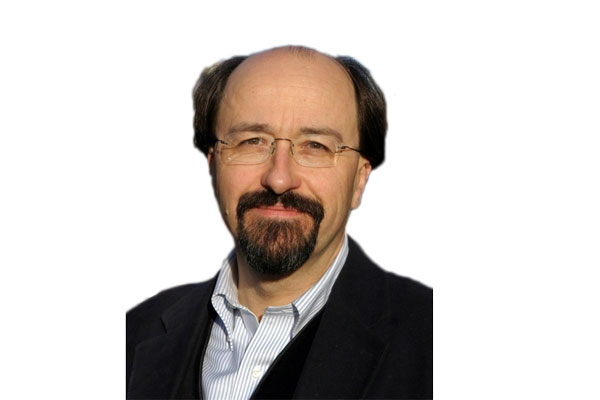The Napoleons of big tech

Bill Emmott
What you need to know:
- ‘‘During the long era of ultra-cheap capital the sales pitches became more seductive, and the bets much larger”
Companies have long had to manage “key person risk,” even taking out insurance against the possibility of losing top executives through death, illness, or injury. But the collapse of the crypto exchange FTX, Meta’s plummeting share price, and the chaos at Twitter following its takeover by Elon Musk suggest that “key people” can pose a very different kind of danger. Call it “Napoleonic founder” risk. Perhaps investors and lenders should be demanding a premium to cover the risk that a star entrepreneur will one day become an egomaniacal dictator, burning money along the way.
The risk is not new. Business history is full of executives going rogue with corporate funds, and of successful entrepreneurs failing to realise that mature, publicly traded companies are not their personal playthings. But with each business cycle, it seems, old lessons must be relearned.
Following the dot-com crash at the turn of this century, the storied American investor Warren Buffett famously quipped that “you only find out who is swimming naked when the tide goes out.” Such is the modern business cycle: it flows eternally from optimism to pessimism, and from boom to bust. Yet Buffett might have added that the optimistic high tides are the moments when precautions must be put in place.
This was certainly true in the case of Sam Bankman-Fried and FTX, which was valued at as much as $32 billion earlier this year. Few will sympathise with those who have lost money from the company’s collapse. To be sure, it is difficult for investors to take precautions against such buccaneers. Those who back a company like FTX are looking for high-risk bets with the potential for massive rewards. Still, the smart investor ought to be able to detect signs that a buccaneer is becoming something closer to a pirate. With Bankman-Fried, the clues were everywhere: he was running the company with a few close friends from a penthouse in the Bahamas.
Since investment is all about making bets on an unknowable future, confidence, trust, and salesmanship are a big part of the game. While investors are nominally backing business plans, their belief in that plan often depends on their belief in a person.
A diversified portfolio is the main defence against losses from fraud or delusional thinking. The entire venture-capital industry rests on the idea that if you bet on enough ambitious start-ups, the gains from the rare success stories will far outweigh the losses from all the duds and rogues. During the long era of ultra-cheap capital the sales pitches became more seductive, and the bets much larger. But the basic principles have always been the same.
With battle-hardened superstar entrepreneurs like Meta’s Mark Zuckerberg or Twitter’s Elon Musk, the issue is more complex. Having proven themselves over the past two decades, they are now more like veteran CEOs than start-up founders. Yet it is worth remembering that Napoleon Bonaparte also was a political and military veteran when he launched his disastrous invasion of Russia in 1812.
As success builds on success, and as the billions accumulate and the empires grow larger, two things happen. First, the business – or, in Musk’s case, the business empire – becomes so large and complex that it needs professional managers, formal structures, and plenty of checks and balances. But, second, those who build multi-billion-dollar companies from the ground up often come to exhibit a sense of entitlement and impunity, behaving as though all this scaffolding merely obstructed their vision.
The many years of cheap capital obscured this tendency. The good times went on for so long that many investors forgot the basics, while politicians, happy to see job creation and growth in new industries, became far too indulgent toward tech billionaires, who often became major sources of campaign donations.
-- Project Syndicate
Bill Emmott is former editor-in-chief of The Economist, and co-director of Global Commission for Post-Pandemic Policy




